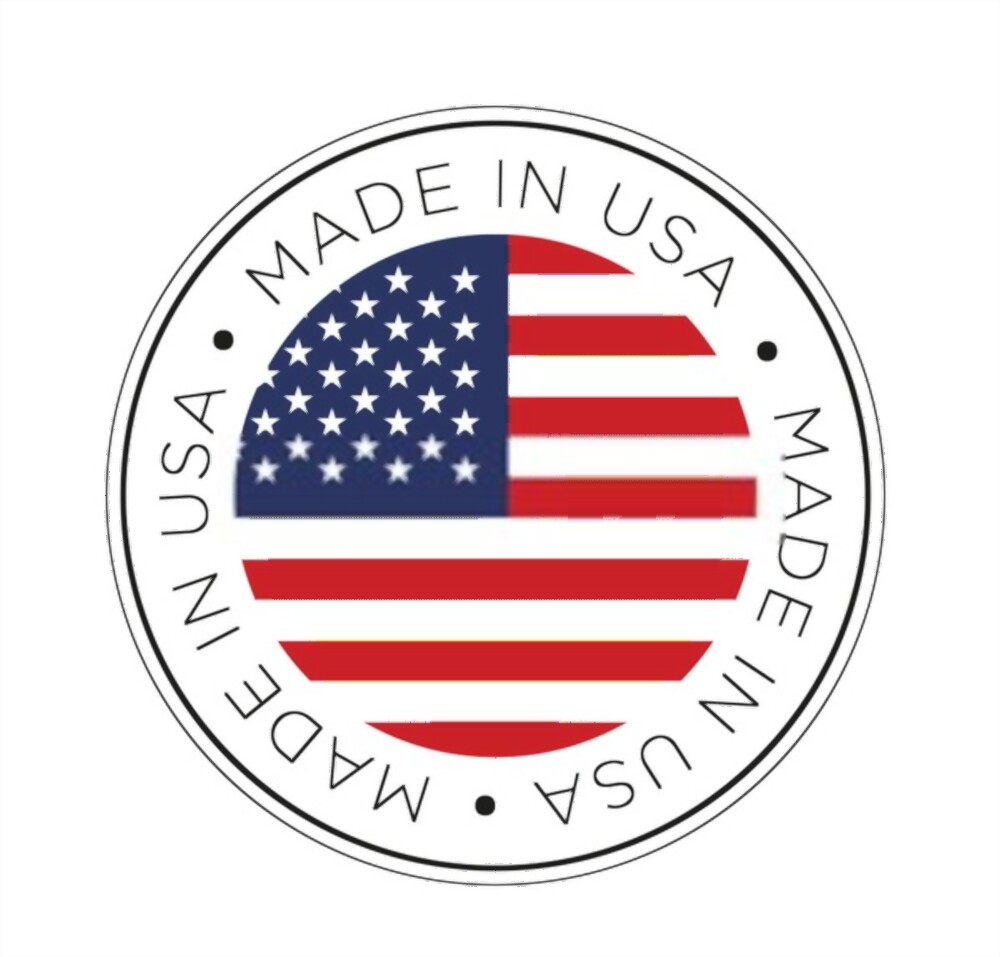When “Made in the USA” claims are intertwined with public health, the Federal Trade Commission is very likely to take action. That’s what happened when the Department of Justice filed a case against Adam Harmon and two companies he controls that manufacture protective masks against the COVID-19 virus. Across the companies’ online marketing and advertising campaigns, they leaned heavily into Made in the USA claims. They also implied that US-made protective gear was superior. In a proposed settlement, the agency proposed that these companies discontinue the deceptive claims and pay a six-figure civil penalty.
Made in the USA–Kind Of
Since 2020 and the COVID-19 epidemic, mask sales have skyrocketed, and many businesses that had the manufacturing capability to produce masks pivoted to meet the demand. A well-known producer of protective gear, 3M, reported that its production of N95 masks in 2020 amounted to approximately two billion units worldwide, with an estimated production rate in 2021 of 2.5 billion units. This demand created a healthy competition for masks, and advertising claims naturally followed.
Harmon and one of his companies, ALG, chose to capture more shares of the market by appealing to “patriots” as a market segment. They started selling protective equipment in early 2020, on their website and social media, using the following claims:
- “Our manufacturing facility was built in NW Ohio and is completely staffed by American workers, making ALG Health one of the very few PPE facilities in America that are 100% Made in the USA.”
- “Our N95 masks are manufactured in the USA designed to protect medical workers, first responders, military, and humanitarian workers. Every day that we come to work, we know we are building hospital-grade N95 face masks to protect those who protect us.”
They made other claims on social media that masks manufactured in the US offered superior protection to masks manufactured elsewhere, with claims like “imported products are not tested and could be unsafe.”
While these marketing communications bore the American flag, they raised red flags to competitors. According to the complaint, “Defendants received Chinese KN95s, unpacked the completed respirators, stripped off Chinese origin labels, printed ALG and NIOSH labels on the respirators, and then re-boxed the respirators in ALG packaging with MUSA labels.” Rules from the FTC say that the finishing of a product in the USA does not, by itself, qualify a product for marketing as Made in the USA. The Made in the USA Rule prohibits labeling products with a Made in USA claim unless all or virtually all ingredients and components are made AND sourced in the US, all significant processing going into the product takes place in the US, and the final assembly is in the US. The FTC found that Harmon and ALG failed to meet these qualifications, and therefore violated the Made in USA Labeling Rule and the FTC Act.
COVID-19 Consumer Protection Act: Protecting Against False Advertising
The FTC’s settlement with Harmon is an example of how its policy protects consumers where Made in the USA claims are concerned. The proposed settlement argues that by removing Chinese labels from imported goods from China and replacing them with “Made in USA” labels, Harmon and his companies violated both the FTC Act and the Made in the USA Labeling Rule. It also says that Harmon and his companies made false and deceptive advertising statements when they claimed they sold NIOSH-certified, US-made respirators, and that their products are more effective than imported products. Furthermore, this is not Harmon’s first interaction with the FTC on this topic; the FTC had previously reprimanded him for selling LED lighting with significant Chinese components as “Made in the USA.” At the time, the FTC did not pursue a legal case against Harmon, but issued a letter reminding him of the law and explaining the steps he and his company agreed to take to stop the violations. Because Harmon continued to violate the law with respect to the LED lighting products, the proposed settlement includes counts related to that conduct as well. The settlement cited that “Deceiving consumers about the country of origin of their products. Through social media posts, marketing materials, and labels, the defendants claimed that their lighting and COVID-19 personal protective products were manufactured in the United States. In fact, the defendants’ products were almost entirely imported. The defendants’ conduct violated the FTC Act, the Covid-19 Consumer Protection Act, and the Made in the USA Labeling Rule.” Further in violation of the Covid-19 Consumer Protection Act, “The defendants claimed to consumers that their PPE products were superior due to their country of origin. These false claims deceived consumers and undermined honest competitors.” United States v. Axis Led Group, LLC et al., No. 22-cv-1389 (N.D. Ohio 2022).
Although there are many disputes centering around the Made in the USA Labeling Rule, it’s clear that companies may not relabel foreign-made goods as “Made in the USA.” Furthermore, where public health and false advertising are concerned, the FTC is prepared to take swift action to protect consumers. If you are making a Made in the USA claim, be prepared to back it up. And, if you are considering making these claims, MMR Strategy Group can help your business by conducting dispute-ready claim substantiation surveys. Save time and money by substantiating your claims.
